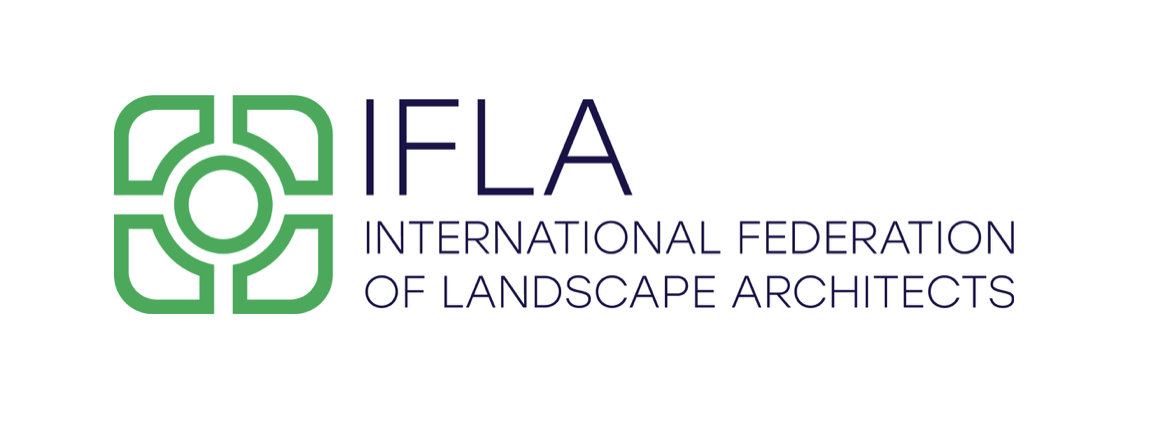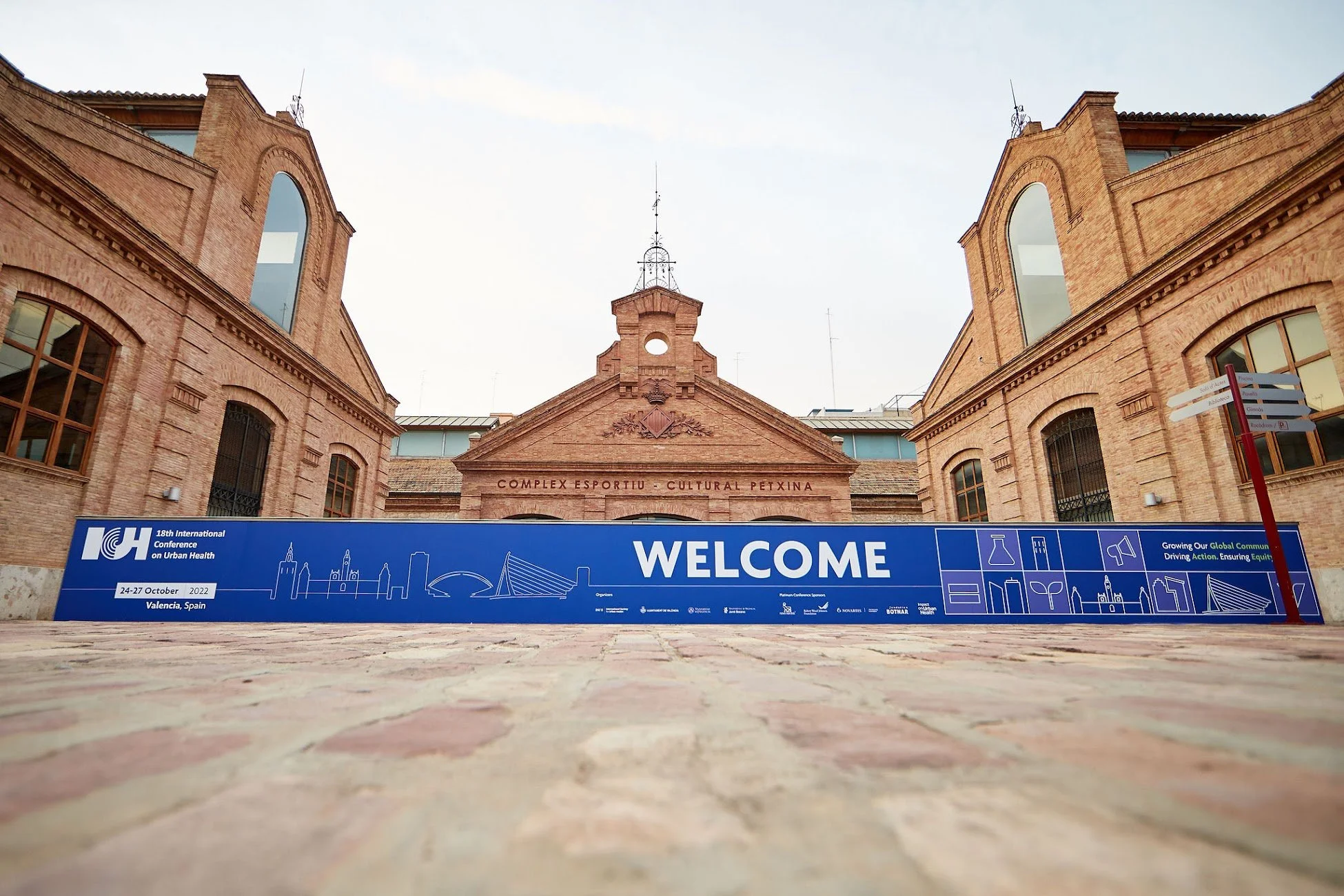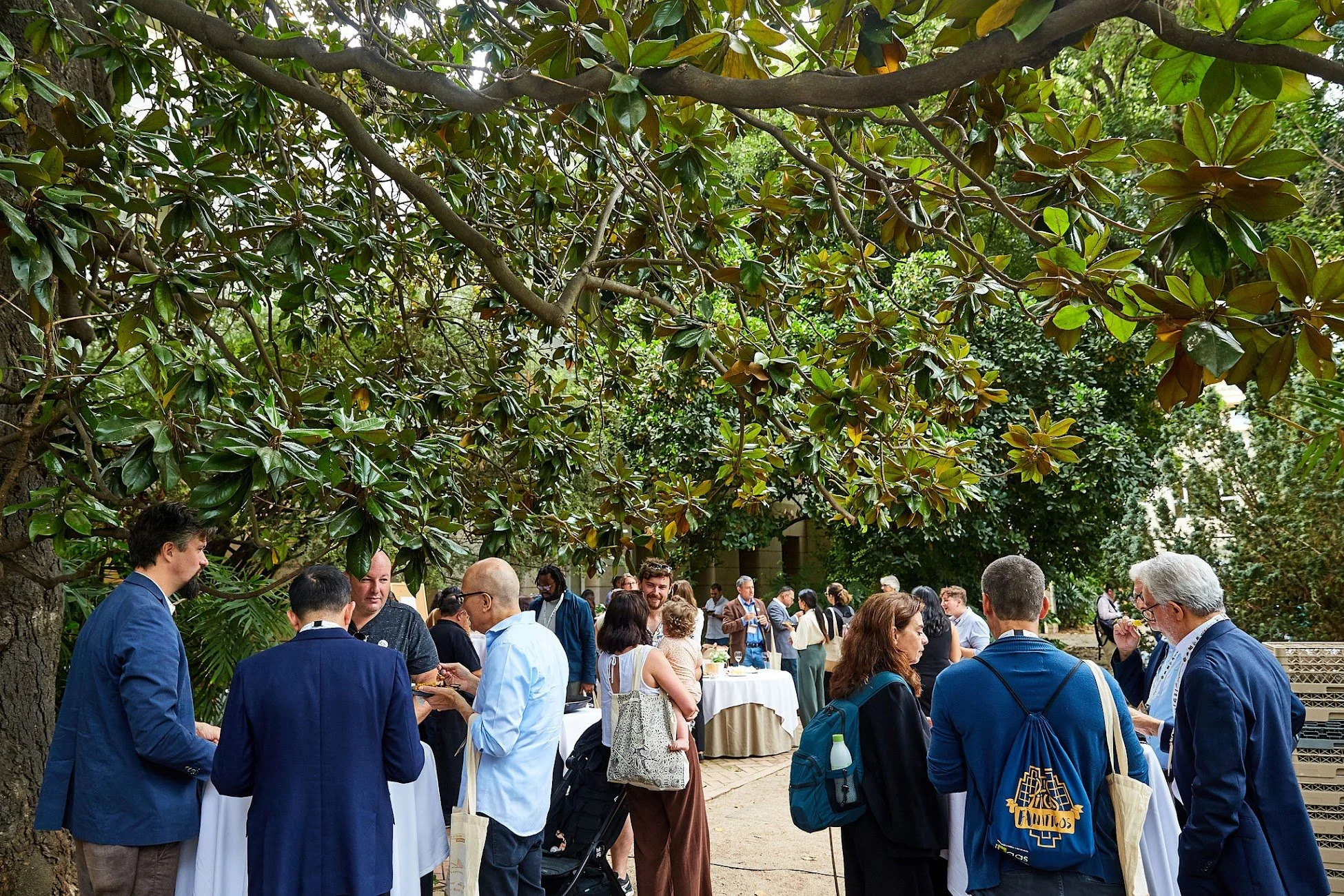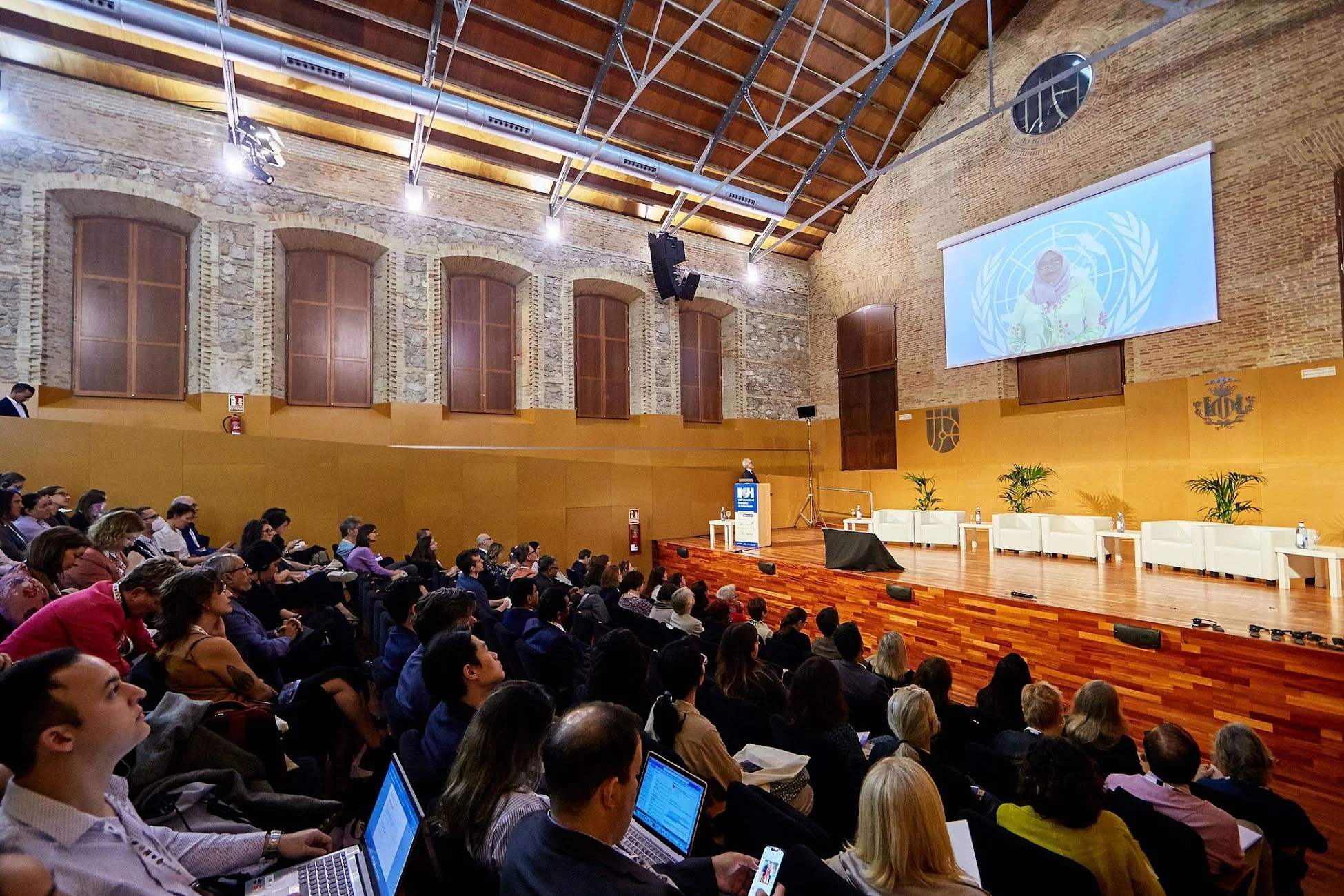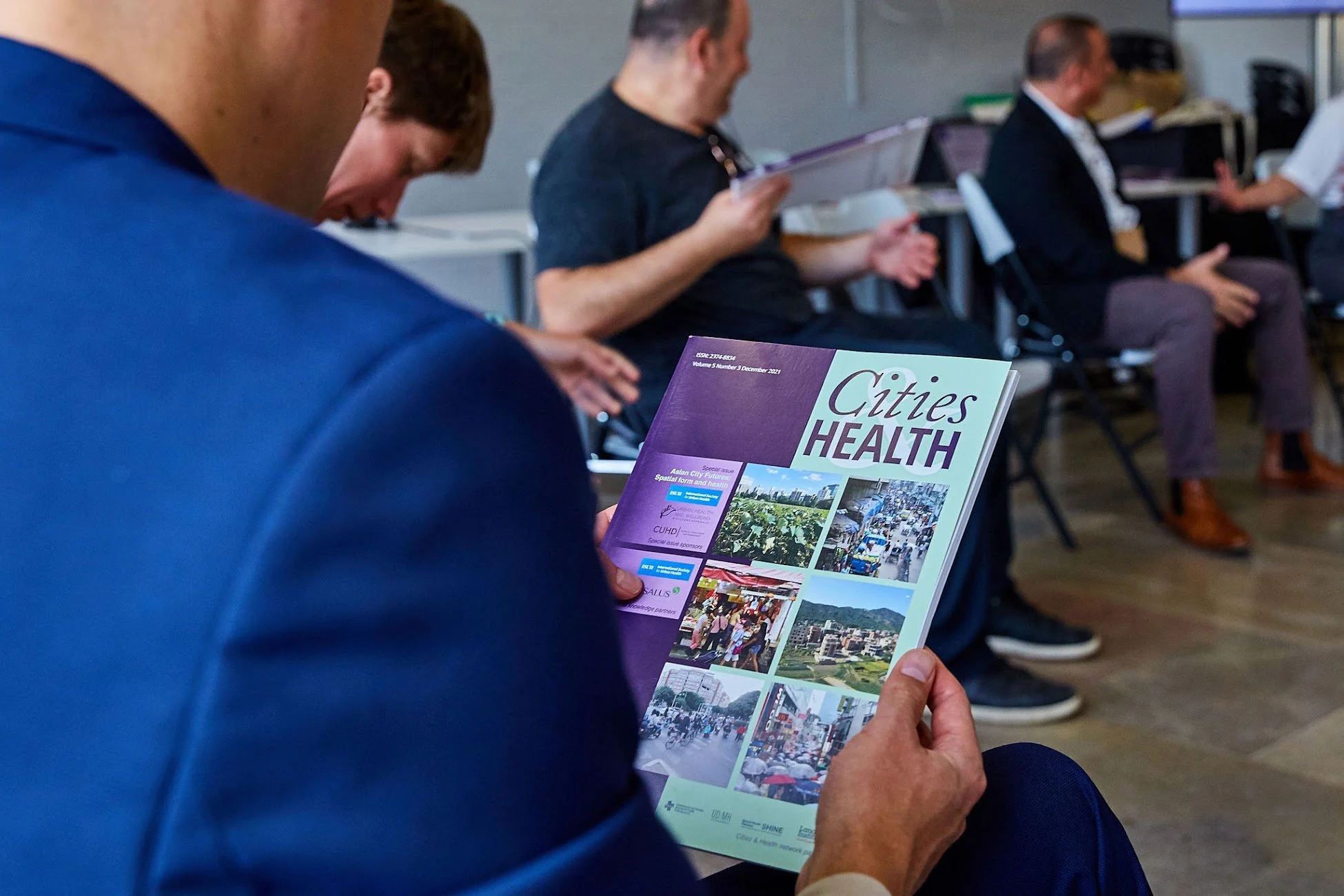IFLA signs MOU to work with The International Society for Urban Health (ISUH)
A statement from our new partners, the International Society for Urban Health (ISUH):
The International Society for Urban Health (ISUH) is the only global nonprofit organization working to improve health and health equity in cities and their surroundings, to achieve a healthier urban future for all people, in all communities, worldwide. Founded in 2002 at The New York Academy of Medicine as an organization dedicated to building the field of urban health, ISUH seeks to bring together our network’s 6,000+ members and leaders from across academia, government, philanthropy, the nonprofit, and private sectors to translate evidence into action and impact to improve the health, wellbeing, and equity of residents living in urban environments. Because more than half the world’s population lives in cities today and urbanization continues to grow across the world, developing communities designed to support and improve health and wellbeing has never been more vital.
As part of our new organizational strategy to amplify our impact, we are pursuing strong and meaningful partnerships with practitioners who make crucial decisions that impact the health and wellbeing of residents every day. We couldn’t be more delighted to partner with the International Federation of Landscape Architects (IFLA), a truly global federation, representing 77 national associations from Africa, the Americas, Europe, Asia Pacific, and the Middle East. Our mutual interests in improving life for humanity make us natural partners and we cannot achieve holistically healthy and sustainable living environments without the extensive involvement of landscape architects.
Our goal is to work together with IFLA to exchange knowledge and evidence on the ways that landscape architects can improve health and wellbeing through design. We plan to develop educational curriculum, practical tools and build interdisciplinary partnerships to accelerate the creation of health supporting and enhancing natural environments, ultimately contributing to our bottom line—creating healthy, sustainable, equitable cities for all.
For more information about ISUH see their website here.
Keep watching the IFLA website for news of our work with ISUH in the future.
